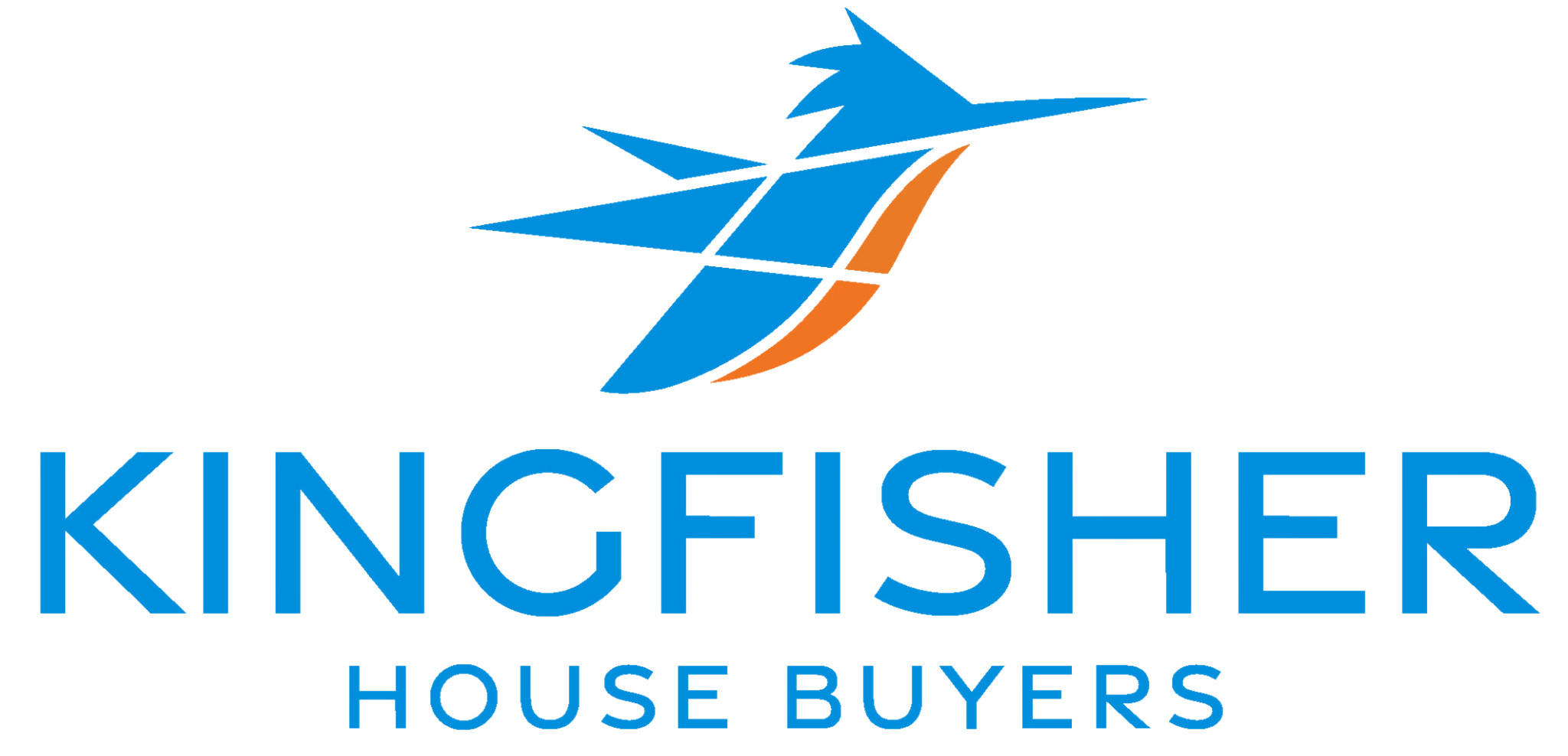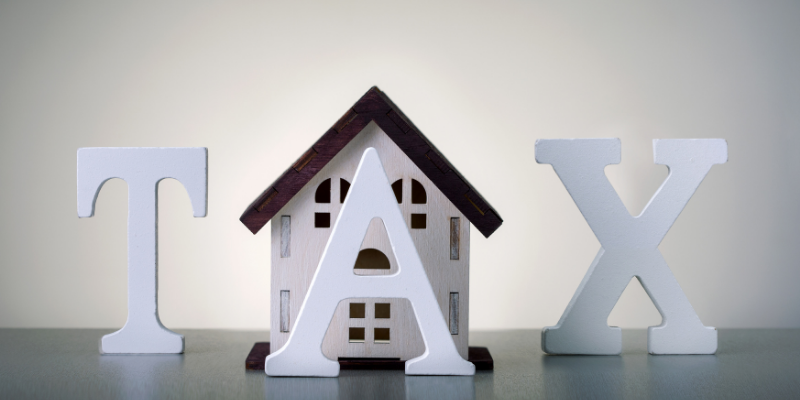
Understanding Capital Gains Tax When Selling a House in Virginia
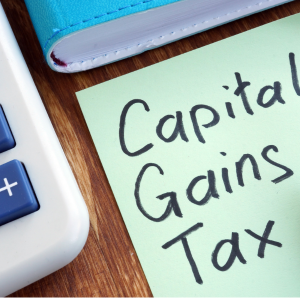
When selling a house in Virginia, it’s essential to understand how capital gains tax might affect your financial outcome. Capital gains tax applies to the profit you make from selling your property, calculated as the difference between the sale price and your property’s adjusted basis.
In Virginia, like elsewhere in the United States, you may be subject to federal capital gains taxes, but state taxes could also affect your overall liability. However, many homeowners can benefit from the IRS’s primary residence exclusion, which allows single filers to exclude up to $250,000 of gain and married couples filing jointly up to $500,000 from their taxable income if specific ownership and residency conditions are met.
To qualify for this exclusion, you must have owned and lived in the home as your principal residence for at least two of the five years preceding the sale. Suppose your gain exceeds these thresholds or you’ve used this exclusion on another property within two years before selling your home in Virginia. In that case, you may owe capital gains tax on any amount above these limits.
It’s crucial to consider how improvements made over time can increase your home’s adjusted basis and potentially reduce taxable gains. Additionally, understanding relevant state-specific regulations and consulting a tax professional can ensure compliance and optimal financial planning when navigating Virginia’s real estate market. Kingfisher House Buyers can help guide you through each step of the process
Exemptions and Deductions Available for Home Sellers in Virginia
When selling a home in Virginia, understanding the available exemptions and deductions can significantly impact your tax obligations. One of the primary benefits for home sellers is the federal capital gains tax exclusion, which allows you to exclude up to $250,000 of profit from the sale if you’re single, or up to $500,000 if you’re married filing jointly, provided that you meet certain ownership and use criteria.
To qualify for this exclusion, you must have owned and lived in the property as your primary residence for at least two of the five years preceding the sale. Virginia home sellers may also deduct certain selling expenses from their taxable gain.
These expenses can include real estate agent commissions, advertising fees, legal fees associated with closing, and costs incurred during staging or repairs explicitly made to enhance the property’s marketability. Understanding these exemptions and deductions can help minimize taxable income from your home sale in Virginia and potentially lead to significant savings.
How to Calculate Profit From Your Virginia Home Sale
When calculating the profit from selling your home in Virginia, it’s essential to understand the components involved in determining your net gain. Start by identifying the home’s original purchase price, also known as the basis, and then adjust this amount for any significant improvements that add value or extend its lifespan, such as a kitchen renovation or a new roof.
These improvements increase your adjusted basis and can reduce taxable capital gains. From the sale price of your Virginia home, subtract costs directly associated with selling, including real estate agent commissions, closing fees, and any repairs required before listing.
The resulting figure is the amount you realized from the sale. To determine taxable profit, you must subtract the adjusted basis from this realized amount.
Remember that if you’ve lived in your home for at least two of the five years preceding the sale, you may qualify for a capital gains exclusion of up to $250,000 for single filers or $500,000 for married couples filing jointly. Understanding these calculations ensures you accurately assess your financial outcome when selling property in Virginia.
The Impact of Property Improvements on Home Sale Taxes in Virginia
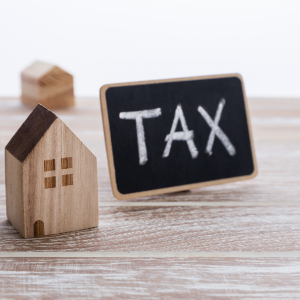
Understanding how property improvements can impact your taxes is crucial when selling a home in Virginia. Homeowners often invest in renovations and upgrades to increase their home’s market value, which can influence the capital gains tax when the property is sold.
In Virginia, any cost associated with substantial improvements, such as adding a room, renovating a kitchen or bathroom, or installing a new roof, can be added to the home’s adjusted basis. This increased basis can reduce the taxable profit from the sale.
However, it’s essential to differentiate between improvements and repairs since the IRS considers only capital improvements for tax purposes. Keeping thorough records of all expenses related to these enhancements is vital for accurately calculating potential tax liabilities.
Additionally, while Virginia follows federal rules regarding capital gains taxation on home sales, always consult a tax professional to ensure compliance with state and federal regulations and maximize potential exclusions from taxable income under IRS Section 121.
Strategies to Minimize Tax Liability When Selling a House in Virginia
When selling a house in Virginia, homeowners can employ several strategies to minimize their tax liability. Understanding the primary residence exclusion is crucial; if you have lived in your home for at least two of the past five years before the sale, you might qualify to exclude up to $250,000 of capital gains if you’re single or $500,000 if married filing jointly.
To maximize this benefit, ensure your property is considered your base and keep thorough documentation of your residency period. Additionally, keeping detailed records of home improvements can be beneficial, as these costs can increase your home’s adjusted basis and reduce taxable capital gains.
It’s also wise to consider timing the sale strategically within a particular tax year to optimize potential deductions and exclusions. Consulting with a tax professional familiar with Virginia’s real estate laws can provide personalized advice tailored to your situation, ensuring compliance while effectively reducing tax obligations on the sale of your home.
If you’re overwhelmed by the complexities of minimizing tax liability when selling your Virginia home, you’re not alone. Many homeowners benefit from personalized support to navigate exclusions, documentation, and timing strategies effectively. Whether you’re uncertain about what qualifies as a capital improvement or need clarity on how state taxes factor into your sale, getting expert help can make a significant difference in your final proceeds. If you’re looking for tailored guidance through every step of your home sale, reach out to Kingfisher House Buyers. We’re here to help you sell smarter and more efficiently.
Federal vs State Tax Obligations for Home Sellers in Virginia
When selling a home in Virginia, understanding the distinction between federal and state tax obligations is crucial for homeowners. At the federal level, individuals may be subject to capital gains tax on the profit made from the sale of their primary residence.
However, the IRS offers an exclusion allowing single filers to exclude up to $250,000 of capital gains and married couples filing jointly up to $500,000, provided specific conditions regarding ownership and use are met. In contrast, Virginia’s tax obligations include potential state income taxes on any gain not excluded by federal provisions.
Virginia does not have a separate capital gains tax; instead, any taxable gain is included in income and taxed at standard state income tax rates. Therefore, it is essential for home sellers in Virginia to keep detailed records of their home’s purchase price, improvements made over time, and selling expenses to accurately calculate any taxable gain.
Moreover, consulting a tax professional can clarify how both federal exclusions and state regulations apply specifically to your situation when selling property in Virginia.
Reporting Real Estate Sales on Your Virginia State Income Tax Return
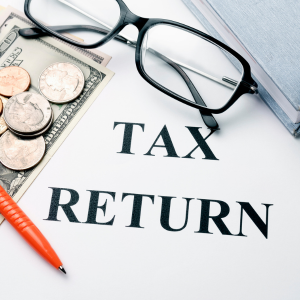
When you sell your home in Virginia, it’s essential to correctly report the real estate sale on your Virginia state income tax return. Understanding the intricacies of capital gains tax is crucial, as this determines how much tax you may owe on the profit from your home sale.
In Virginia, if you meet specific criteria for a primary residence, such as having lived in the home for at least two out of the last five years before selling, you may qualify for an exclusion on capital gains up to $250,000 if filing singly or $500,000 if married and filing jointly. However, any profit beyond these amounts is generally subject to taxation.
Accurately calculating your cost basis is critical; this includes the original purchase price plus improvements made over time. When reporting the sale on your state income tax return, ensure all applicable forms are completed accurately to reflect these figures.
Familiarity with federal and Virginia-specific tax regulations can help you avoid unnecessary penalties or audits by ensuring compliance with reporting requirements for real estate transactions.
Do You Have to Pay Taxes When Selling a House in Virginia?
Homeowners need to understand the implications of taxes levied on their property when selling it in Virginia. Virginia homeowners may be liable for multiple taxes.
For your consideration, capital gains tax is almost always applicable and is the tax paid on the appreciation value of your home. For primary residences, the IRS has an exclusion on capital gains up to $250,000 for single filers and $500,000 for married couples filing jointly after certain conditions have been satisfied.
Further, sellers ought to consider other state-specific recordation taxes, such as the Virginia recordation tax and other local transfer taxes. Exclusion qualifiers are relevant for those who held the principal residence for a minimum period of two out of five years preceding the sale.
If you want to avoid the hassle of dealing with taxes, lengthy timelines, and costly repairs when selling your home in Virginia, working with cash home buyers in Fredericksburg, VA, and nearby cities could be a practical solution. These buyers often purchase homes as-is and close quickly, which can help reduce holding costs and limit your tax liability exposure. Instead of navigating a traditional sale that may involve months on the market and complex financial documentation, a direct sale to an experienced investor can streamline the process, especially if you’re concerned about capital gains or other tax obligations tied to your property.
How to Avoid Paying Virginia Capital Gains Tax?
Virginia’s capital gains tax can reduce the benefits of selling a home in Virginia. Home sellers should learn how to mitigate or completely remove this tax. One of the best-known ways to do this is by using the principal residence exclusion, which enables the homeowner to exclude $250,000 of capital gains ($500,000 for a married couple filing jointly) if they have lived in the home as their principal residence for at least 2 out of the last 5 years.
Capital gains can also be minimized by changing the timing of the sale to a period when the seller is likely to be in a lower tax bracket. This would reduce the overall tax burden.
For those selling investment property, a 1031 exchange can also be used. This type of transaction allows the seller to reinvest the proceeds into a similar property, which is not subject to capital gains tax. Tax liabilities can also be lowered by maintaining accurate documents related to the home’s improvements since these expenses increase the home’s basis, lowering taxable gains.
Using a competent tax strategist or an attorney specializing in real estate would yield guidance and strategies tailored to the taxpayer’s particular scenario, shying away from and minimizing capital gains tax when selling their homes in Virginia.
Do I Pay Taxes to the IRS When I Sell My House?
If you are selling a home in Virginia, you need to understand the implications of taxes. Generally speaking, when selling your primary residence, you are potentially liable to pay capital gains taxes to the IRS.
Even though the IRS does impose certain restrictions on homeowners, there is a glaring exclusion in place. It stipulates that if a seller has lived in and owned the house as a primary residence for at least two years of the five years preceding the sale, then he or she can exclude from taxation up to $250,000 worth of capital gains if single and up to $500,000 if married filing jointly. This exclusion can significantly lessen or entirely remove your federal tax liability concerning the sale.
These could be useful for updating the basis set regarding improvement or enhancement projects, as well as the record of expenses directly related to the sale of your house. This may help achieve lower taxable gains. However, if your capital gains exceed these garnishments or do not meet the residency requirements, taxes will be due on the excess amount at federal capital gains tax rates.
Suppose you’re concerned about potential IRS taxes when selling your home in Virginia. In that case, especially if you don’t qualify for the capital gains exclusion or have a rental history on the property, it may be worth considering a faster, alternative route to avoid prolonged tax exposure. Working with investor home buyers in Virginia and surrounding cities can help you close quickly and reduce the holding time that could trigger further tax complexities. These buyers often purchase properties as-is and can provide flexible solutions, making the sale more efficient and financially manageable when tax implications are a concern.
What is the capital gains tax in Virginia for real estate?
For Virginia homeowners selling their houses, knowing how real estate capital gains tax works is essential. As with all taxes, the capital gains tax in Virginia is determined at both the federal and state levels. On the federal side, the Internal Revenue Service (IRS) claims its pound of flesh in capital gains tax, which can go as high as 20%, depending on one’s income bracket.
On top of that, Virginia has its own state capital gains tax, which is wedded to the state income taxes that range between 2.5% and 5% and impact your real estate capital gains depending on your total taxable income. Nonetheless, many homeowners might qualify for the Primary Residence Exclusion claimed by the IRS, which sets forth an opportunity to exempt up to $250,000 of profit for unmarried taxpayers and $500,000 for those married and filing jointly, subject to certain ownership and use tests.
The burden of meeting the tax threshold is that the cost basis, which includes the purchase price of the home along with any improvements done over the years, needs to be computed accurately because that determines the tax liability in Virginia. To avoid paying excess taxes or missing out on opportunities to lessen the tax obligation, it is prudent to meet with a tax expert or financial counselor.
Do you have to sell your home? Whether you need a quick sale, an uncomplicated process, or wish to avoid expensive repairs, Kingfisher House Buyers is ready to help. We care for all the details, and our offers are always fair. For questions or to sell, please call us at (540) 755-4099; we provide no-obligation offers. Start today!
| TAXPAYERS | TAX SYSTEM | UNREALIZED GAINS | INVESTMENTS | CAPITAL GAINS TAXED | PROPERTY TAXES |
| PROPERTY TAX | REAL ESTATE INVESTING | REAL ESTATE INVESTORS | REAL ESTATE INVESTMENT | WEALTH | ORDINARY INCOME |
| INFORMATION | CREDITS | TAX PLANNING | AVOIDING TAX | MORTGAGE INTEREST | MORTGAGES |
| TAX RELIEF | TAX BRACKETS | FILING STATUS | REALTORS | INSURANCE | INSURANCE AGENT |
| TAX CREDITS | PROGRESSIVE TAX | PROGRESSIVE TAX SYSTEM | PORTFOLIO | INVESTMENT PORTFOLIO | ENERGY |
| RENTING | INVESTORS | FISCAL YEAR | LENDER | AMERICA | U.S. |
| TAX INCENTIVES | RETIREMENT | REALTY | NIIT | MONEY | LIENS |
| INTEREST | INDIVIDUAL RETIREMENT ACCOUNTS | TRADITIONAL IRAS | INCENTIVES | ESTATE TAXES | EQUITY |
| DEED | COMPANY | CERTIFIED PUBLIC ACCOUNTANTS | CASH | CAPITAL ASSET | |
| CAPTCHA | YOUR TAXABLE INCOME | CAPITAL GAINS ARE |
Helpful Virginia Blog Articles
- Taxes On Selling Your Home In Virginia
- Selling An Inherited House In Virginia
- House Sale Contingencies In Virginia
- Attorney Fees For House Closings In Virginia
- Selling A Home With Code Violations in Virginia
- Selling Your Virginia Home With Unpermitted Work
- Selling a Home With Foundation Problems in Virginia
- Understanding Virginia Inheritance Laws
- Sell Your House Below Appraised Value In Virginia
- Paperwork For Selling Your Home By Owner in Virginia
- Selling Your Virginia Home With Tenants
- Virginia’s Rules And Risks For Leaving Your House Vacant

